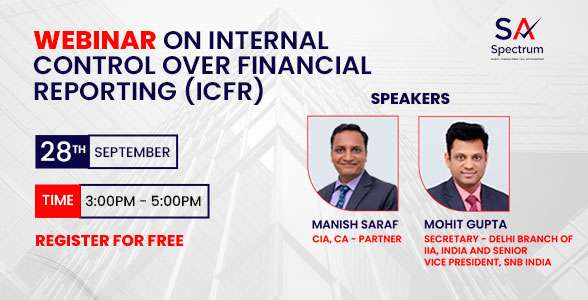External Audit

An external audit is a legally required review of true and fair presentation of a company’s financial statements and records. External audit is generally referred toalso as statutory audit in most of the countries. Spectrum performs audit of the financial statements of its clients under its auditing division, Spectrum Auditing and it is listed in many of the free zones, banks and other financial institutions in United Arab Emirates.
We conduct our audit in accordance with International Standards on Auditing. Those standards require that we comply with ethical requirements and plan and perform the audit to obtain reasonable assurance about whether the financial statements are free from material misstatement.
We perform procedures to obtain audit evidence about the amounts and disclosures in the financial statements. The procedures selected by us depend on our judgement, including the assessment of the risks of material misstatement of the financial statements, whether due to fraud or error. In making those risk assessments, we consider internal control relevant to the entity’s preparation and fair presentation of the financial statements in order to design audit procedures that are appropriate in the circumstances, but not for the purpose of expressing an opinion on the effectiveness of the entity’s internal control. An audit also includes evaluating the appropriateness of accounting policies used and the reasonableness of accounting estimates made by management, as well as evaluating the overall presentation of the financial statements.
An audit is not designed to provide absolute assurance, being based on sampling and not the testing of all transactions and balances; rather it is designed to reduce the risk of a material financial statement misstatement whether caused by fraud or error. A misstatement is defined in ISA 450 as an error, omitted disclosure or inappropriate accounting policy. “Material” is an error or omission that would affect the users decision. Audits exist because they add value through easing the cost of information asymmetry and reducing information risk, not because they are required by law.
For collection and accumulation of audit evidence, certain methods and means generally adopted by auditors are:

Posting checking

Testing the existence and effectiveness of management controls that prevent financial statement misstatement

Casting checking

Physical examination and count

Confirmation

Inquiry

Observation

inspection

Year-end scrutiny

Re-computation

Tracing in subsequent period

Bank reconciliation

Vouching

Verification of existence, ownership, title and value of assets and determination of the extent and nature of liabilities

 contact us
contact us